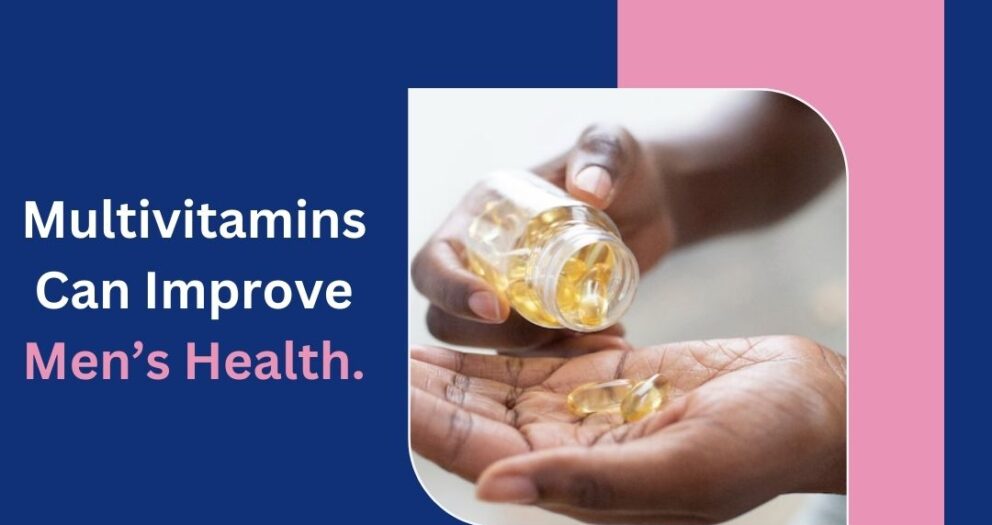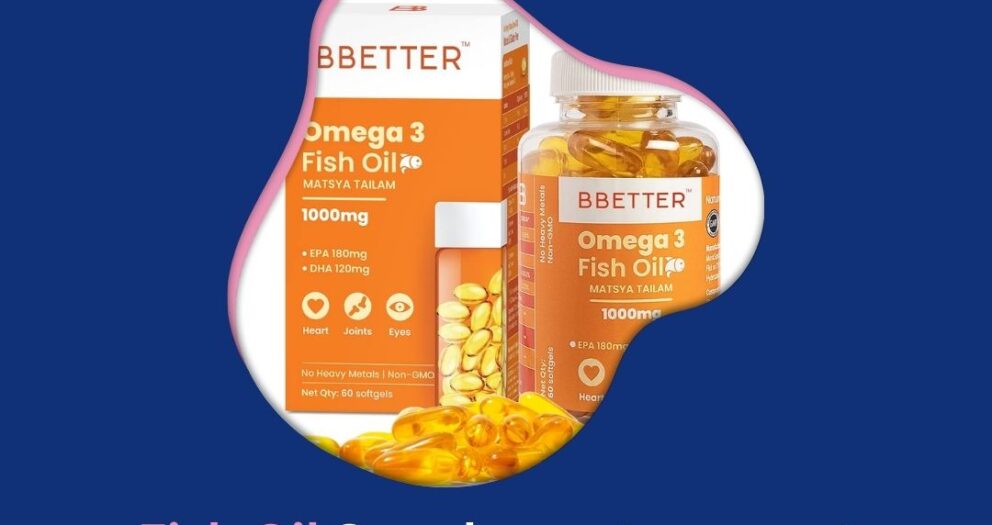Benefits of Aerobic Exercise:
Aerobic exercise, commonly known as cardio, involves sustained physical activity that elevates your heart rate and allows you to breathe for an extended period of time. This type of exercise uses large muscle groups, such as those in your legs and arms, repetitively and rhythmically. Activities like walking, running, cycling, swimming, and dancing are all examples of aerobic exercise. Here’s a detailed explanation of how aerobic exercise benefits your health:
1. Cardiovascular Health
- Heart Strengthening: Aerobic exercise strengthens the heart, making it more efficient at pumping blood throughout the body. This reduces the workload on the heart and lowers the risk of cardiovascular diseases, such as heart attack and stroke.
- Improved Blood Circulation: Regular aerobic activity improves blood circulation, which helps to lower blood pressure. This is particularly beneficial for people with hypertension, as it can lead to better management of blood pressure levels over time.
- Cholesterol Management: It help to raise levels of HDL (good) cholesterol while lowering LDL (bad) cholesterol, leading to a healthier balance that can reduce the risk of plaque build-up in the arteries.
2. Respiratory Efficiency
- Enhanced Lung Function: As your heart rate increases during aerobic exercise, your breathing rate also increases to supply more oxygen to your muscles. Over time, this can lead to improved lung capacity and efficiency, making it easier to perform daily tasks and engage in physical activity.
- Oxygen Utilization: It trains the body to use oxygen more efficiently, enhancing overall stamina and endurance. This is beneficial for both athletic performance and general daily activities.
3. Weight Management
- Calorie Burning: It is an effective way to burn calories, which can help with weight loss or weight maintenance. The intensity and duration of the exercise determine how many calories are burned.
- Metabolism Boost: Regular it can boost your metabolism, leading to more calories burned even at rest. This helps in managing weight over the long term.
4. Mental Health Benefits
- Stress Reduction: It stimulates the production of endorphins, the body’s natural mood elevators, which can help reduce stress, anxiety, and depression.
- Improved Sleep: It exercise can help regulate sleep patterns, leading to better quality sleep. This is particularly important for people with insomnia or other sleep disorders.
- Cognitive Function: Engaging in aerobic exercise has been linked to improved cognitive function, including better memory, attention, and processing speed. It may also reduce the risk of cognitive decline as you age.
5. Increased Endurance and Stamina
- Energy Levels: Over time, regular it can significantly increase your overall endurance and energy levels. This makes it easier to perform daily activities without becoming easily fatigued.
- Physical Performance: As your stamina improves, you’ll be able to engage in physical activities for longer periods without feeling exhausted. This is beneficial not only for athletes but also for anyone looking to improve their physical fitness.
6. Strengthened Immune System
- Immune Response: Regularly it enhances the immune system by increasing the circulation of white blood cells and antibodies, which help the body fight off infections more effectively.
- Reduced Inflammation: It can reduce chronic inflammation, which is linked to various diseases, including heart disease, diabetes, and cancer.
7. Joint and Muscle Health
- Joint Flexibility: Low-impact aerobic exercises, such as swimming or cycling, can improve joint flexibility and reduce the risk of joint-related issues, such as arthritis.
- Muscle Endurance: While aerobic exercise primarily focuses on cardiovascular benefits, it also builds muscle endurance, particularly in the lower body. This is important for maintaining mobility and independence as you age.
8. Reduction of Chronic Disease Risk
- Type 2 Diabetes: Regularly it helps to regulate blood sugar levels and improve insulin sensitivity, which can prevent or manage type 2 diabetes.
- Hypertension: By improving circulation and reducing stress, aerobic exercise can help lower high blood pressure, reducing the risk of developing hypertension.
- Cancer Prevention: Some studies suggest that regular aerobic exercise may reduce the risk of certain types of cancer, such as breast and colon cancer, by helping to regulate hormones and improve immune function.
9. Longevity and Quality of Life
- Extended Lifespan: Regular aerobic exercise is associated with a longer lifespan. People who engage in regular aerobic activity are less likely to suffer from chronic diseases, which can lead to a longer, healthier life.
- Improved Quality of Life: Beyond just adding years to your life, aerobic exercise improves the quality of those years by enhancing physical fitness, mental health, and overall well-being. It enables you to remain active and independent as you age.
10. Social and Emotional Benefits
- Social Interaction: Many aerobic activities, such as group fitness classes or team sports, provide opportunities for social interaction, which can enhance emotional well-being and reduce feelings of loneliness.
- Self-Esteem: Achieving fitness goals through it can boost self-esteem and confidence, contributing to a positive self-image and mental health.
Incorporating it into your lifestyle can lead to significant health benefits, helping you to feel better, live longer, and enjoy a higher quality of life. Whether you prefer running, swimming, cycling, or brisk walking, the key is consistency and finding an activity you enjoy.
Related More Post:-
- Top 10 Positive Effects of Meditation for Mental and Physical Health
- What Should You Eat Every Day to Stay Healthy?
- Which Medicines Are Effective for Treating Erectile Dysfunction?
- The Primary Six Causes Of Male Erectile Dysfunction
- The Treatments Available For Male Erectile Dysfunction










